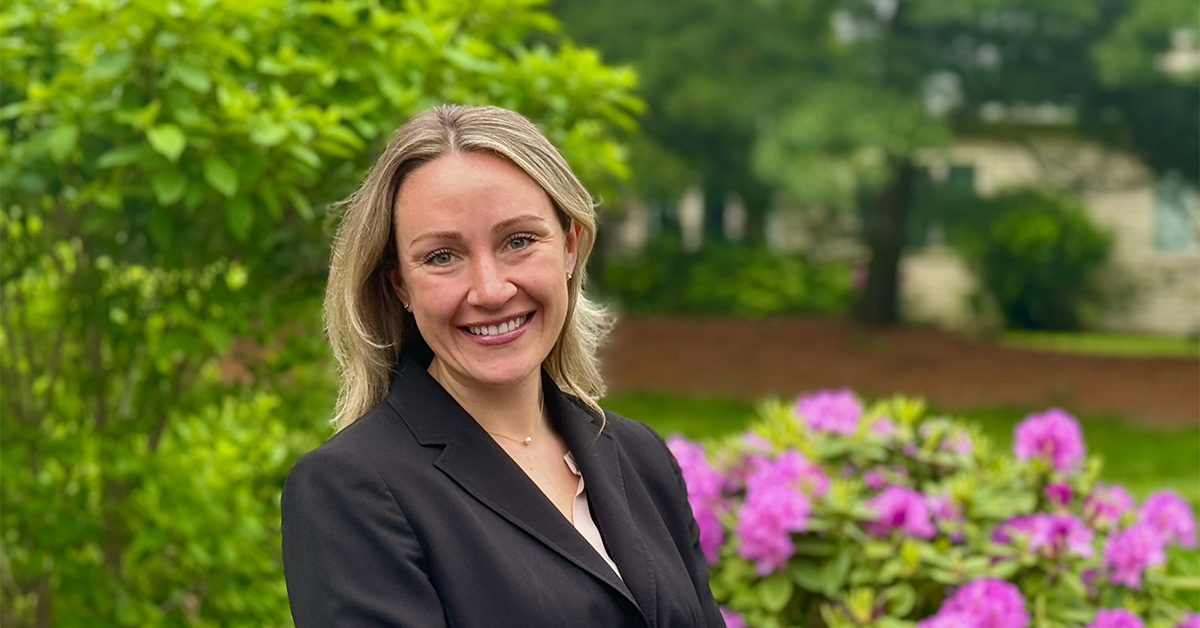
PHILADELPHIA (May 20, 2024) — Pancreatic cancer patients who received single modality neoadjuvant therapy experienced fragmented care, which is care at multiple centers, more often compared with those who received total neoadjuvant therapy, according to a study from researchers at Temple University Hospital and Fox Chase Cancer Center. The research was presented today at Digestive Disease Week (DDW).
Neoadjuvant therapy refers to treatment a patient receives before surgery to improve the success of their main treatment. It can include chemotherapy or radiation therapy either alone or in combination. In single modality neoadjuvant therapy (SMNT), patients are treated with either chemotherapy or chemoradiation before surgery. In total neoadjuvant therapy (TNT), patients are treated with both chemotherapy and chemoradiation before surgery.
“There are so many human factors at play from the point of diagnosis through treatment. A person with pancreatic cancer may be diagnosed at a different location than where they receive chemotherapy/radiation, and that may be a different location than where they undergo surgery,” said Maryclare Taylor, MD, first author on the study and a general surgery resident at Temple University Hospital.
“We wanted to look into how this fragmentation of care affects patient outcomes and how sociodemographic factors come into play,” she said.

In the study, researchers examined a cohort of pancreatic cancer patients who received neoadjuvant therapy to evaluate if sociodemographic disparities can help predict which patients receive fragmented care. Predictors included age at diagnosis, race/ethnicity, and median household income. Researchers also used the social vulnerability index (SVI) score, a scale used by the Centers for Disease Control and Prevention to measure socioeconomic status, household characteristics, minority status, and housing/transportation.
Out of 256 patients with pancreatic adenocarcinoma, 115 patients received neoadjuvant therapy. Twenty-nine of those patients were treated with SMNT and 86 were treated with TNT.
When the SMNT and TNT groups were compared for differences in sociodemographic disparity predictors, no significant difference was found between the median age, race/ethnicity, median household income, or SVI score.
However, the study showed that patients who received SMNT were more likely to experience fragmentation of care than those who received TNT, with 72% of the SMNT patients experiencing fragmented care as opposed to 48% of the TNT patients.
“Among the SMNT cohort, SVI score was higher amongst patients who experienced fragmented care, indicating a higher level of vulnerability per county in the SMNT patients who received fragmented care,” Taylor said.
“Recognizing how sociodemographic disparities impact fragmentation of care is pivotal in the understanding of how this newly emerging concept of fragmented care affects cancer patients.”
Taylor presented findings from the study, “Understanding Fragmented Pancreatic Cancer Care in Patients Receiving Neoadjuvant Therapy: Are Sociodemographic Disparities Predictive of Patients Receiving Fragmented Care?,” in an oral session organized by the Society for Surgery of the Alimentary Tract, a co-sponsor of DDW, which is being held May 18-21 in Washington, D.C.